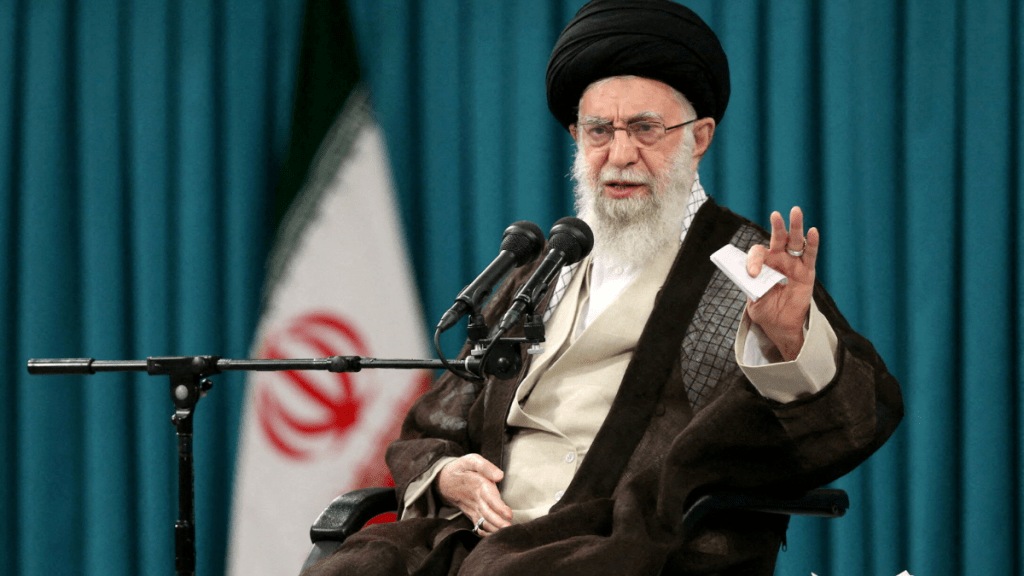Iran, long recognized for its unwavering stance against the United States, seems to be signalling a shift towards dialogue, aligning more closely with India’s diplomatic approach. This change is most evident in the recent statements by Iran’s Supreme Leader, Ayatollah Ali Khamenei, who, despite his historically harsh rhetoric, has hinted at the possibility of resuming talks with the US over Iran’s nuclear program.
Khamenei’s statement is significant not only because of his central role in Iran’s governance but also due to the timing, as Iran faces severe economic sanctions and a tense international environment. His words suggest a strategic pivot, indicating that Iran may be willing to reconsider its approach towards its so-called “enemy.” Although Khamenei maintains that the US is not to be trusted, his openness to negotiation marks a departure from Iran’s previous outright rejection of any form of dialogue with the West, especially with the US.
This development mirrors India’s longstanding policy of resolving conflicts through dialogue and diplomacy rather than confrontation. India’s consistent advocacy for diplomatic engagement has often been a model for nations grappling with international tensions. By signalling a willingness to engage in talks, Iran appears to be adopting a similar strategy, although with caution. This alignment could have far-reaching implications for regional stability, particularly in the context of the ongoing nuclear standoff.
Khamenei’s remarks also come at a critical juncture, with President Masoud Pezeshkian’s government likely to be at the forefront of any renewed negotiations. Pezeshkian’s administration, seen as reformist, includes key figures like Foreign Minister Abbas Araghchi, who played a pivotal role in the 2015 nuclear deal. The involvement of such experienced diplomats suggests that Iran may be preparing to re-enter negotiations with a more pragmatic and calculated approach.
However, this potential thaw in relations is strengthened by caution on both sides. The US has yet to respond formally to Khamenei’s overtures, and with the upcoming US elections, the political climate in Washington remains uncertain. The ongoing conflict between Israel and Hamas further complicates the situation, with US leaders like Vice President Kamala Harris expressing strong opposition to Iran’s actions in the region.
The recent indirect talks facilitated by Oman and Qatar also point to a broader diplomatic effort to mediate between Iran and the US. While these efforts have yet to yield significant results, they underline a growing recognition that dialogue, rather than escalating confrontation, may be the more viable path forward.

